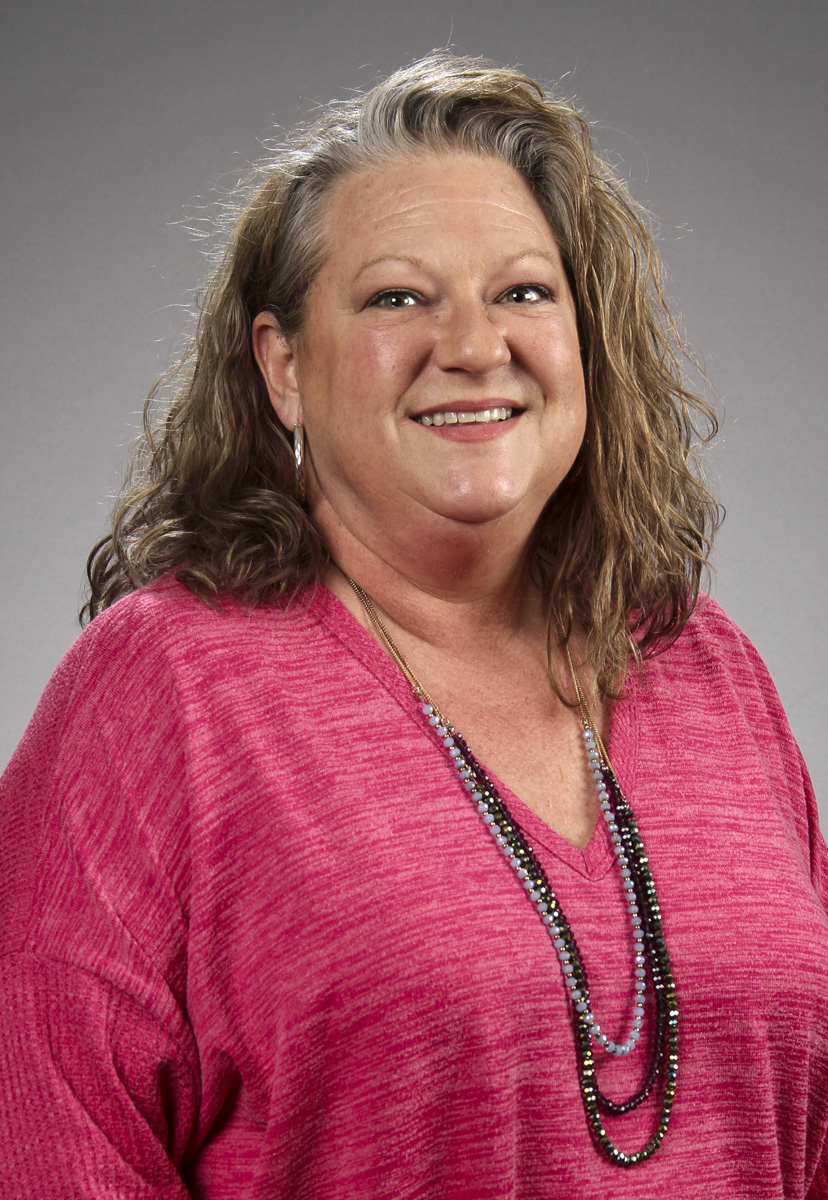Office of Finance
Support Units
Training & Conferencing
Applications
UADA Travel Resources
The UADA Accounts Payable & Travel staff provide guidance to employees, students, and guests on policy to ensure timely and accurate processing of travel requests and expense payments. The policy is outlined as such to provide general information and not intended to cover every possible scenario that may arise. In all situations, our staff are available to assist with interpreting rules and regulations for policy compliance.
We may be reached directly or at: AccountsPayable@uada.edu or Travel@uada.edu
What receipts are required with my travel related Expense Report?
- Airfare
- Baggage fees
- Food & Beverage for Official Functions
- Lodging
- Meals per diem – Departments may require receipts
- Parking
- Registration
- Taxi/Uber
- Toll charges
- Transportation - Car rental, bus, train
- Miscellaneous supplies needed while in travel status
- Discounts or credits, such as reward or membership points, vouchers, etc., applied to expenses are not reimbursable unless actual funds were expended.
What is acceptable documentation if I am missing a receipt?
- A completed affidavit of lost receipt form signed by the supervisor or dept head.
- Support for amount of charge, such as a redacted credit card or bank statement, is also advised if available.
I am splitting a room with another traveler. What type of receipt do I need for reimbursement?
- Separate receipts are ideal, but when this is not an option, one receipt with 2 charges will be sufficient.
- Employees are to claim their own expenses. One employee may not pay for another employee’s expenses.
Which websites or booking tools can be used for booking flights?
- The Concur booking tool is available for users with a UARK email address.
My travel destination is not listed in Workday. How do I add it?
- To add a location, please submit a ticket to the IT Help Desk at tickets@uada.edu.
How do I add a Travel Card (TCard) transaction to an Expense Report (ER)?
- Reassign the TCard charges first, using ‘Reassign Expense Credit Card Transactions’ in Workday.
- If reassignment is completed before the ER is initiated, TCard charges can be selected from the initial ER screen.
- If the TCard charge is reassigned after the ER is initiated, it will have to be selected from the ‘Add’ line button.
We are bringing in a guest for an interview/meeting or other official business. Can we cover the expenses of their spouse?
- Expenses for the spouse should not be included in the guest’s Expense Report.
When are Spend Authorizations (SA) needed?
REQUIRED:
- Group travel
- International travel
- Out-of-state travel
- Preapproval is required and spend authorizations are encouraged. If an SA is not utilized, then the department must maintain evidence of pre-approval.
- Requesting cash advances
- At fiscal year-end these may be needed to tie charges together. Please see Year-End processes for details.
ENCOURAGED, but not required:
- In-state travel with overnight stay
What forms are needed for my Spend Authorization?
- Airfare comparisons must be attached to Spend Authorizations when driving long distances instead of flying.
- The International Travel Form & Export Control Form are required for international spend authorizations.
I am taking some personal days during my trip. How do I denote that?
-
- Personal travel days should be clearly documented on the spend authorization and expense report. No expenses for personal travel should be submitted for reimbursement.
- Moving expenses are approved in offer letters. The Business Office will determine whether or not a particular expense qualifies for reimbursement.
- Employees can contract a Preferred Moving Company or a Non-Preferred Moving Company.
- Employees who contract preferred moving companies should schedule the move as soon as possible upon acceptance of employment and offer by UADA to pay for moving expenses. The move must take place no later than one year from the start of employment.
- For Preferred Moving Companies, employees should contact the local representative for UADA. The contact for UADA’s local representative is A-1 Daniel Moving & Storage Co Inc. When calling ask for U of A Cooperative Extension Service pricing. A-1 may be contacted by calling 1-800-282-6608.
- If an employee decides not to contract with the preferred moving company, three written moving estimates must be secured. Online estimates will not be accepted. Justification should be provided if the firm with the lowest estimate is not selected. Receipts are required for all reimbursements.
- To receive reimbursement, the employee must submit the original invoice, the signed approval letter, original receipts and the 3 written estimates if not using the preferred moving company and complete an Expense Report in Workday.
- Lodging should be booked at a government rate. Lodging that exceeds per diem must be justified with a detailed memo on the expense line memo field.
- Meals are reimbursed at actual expenses up to the Federal per diem rate.
- For a current list of Domestic Per Diem Rates, go to the US GSA website
- For a current list of Foreign Per Diem Rates, go to the Defense Travel Management Office In the ‘Per Diem Rate Lookup | Foreign & Non-Foreign OCONUS’ section select the location you are traveling to.
- When a travel advance is issued, it is essential that the funding source matches both the spending authorization and the expense report.
- Unspent travel advance funds must be repaid within 30 days of returning from travel status.
- Use official per diem to determine allowable advance for meals and lodging. Cash advances are only allowed for expense items not being paid with T-card or direct bill (PO).
- Employees are eligible for 50% of estimated domestic travel expenses.
- Employees are eligible for 75% of estimated international travel expenses.
- Students are eligible for 90% of estimated travel expenses.
- Group travel requests qualify for 100% of estimated travel expenses.
- Travel cards (T-cards) can be used for payment of registration, airfare, and lodging expenses.
- T-Card charges should be held until the trip occurs and all travel expenses for the
trip cleared on one expense report.
- At year-end all T-Card charges need to be cleared before year-end close even if the trip has not occurred and spend authorizations will be required for related trips.
-
- The State Office of Procurement has secured mandatory contracts with the following
providers:
- Enterprise/National Rental Car
- Contract Number: XZ51R09
- enterprise.com
- Reservations 1-855-266-9289
- Customer Support 1-855-266-9565
- Hertz
- Contract Number: CDP301115 (Use 301115 for online reservations)
- hertz.com
- Reservations 1-800-654-3131
- Other rental car providers may be utilized in instances where the contracted agencies are affected by low inventory and lack of availability. Clear documentation must be included on the Expense Report to justify why the contracted providers were not used.
- Enterprise/National Rental Car
- DO NOT purchase any additional/optional insurance offered by the car rental agency unless you are renting a vehicle in a country other than the United States, the Territories, and Possessions of the United States, Puerto Rico, or Canada. If you do purchase additional/optional insurance, you WILL NOT be reimbursed for the expense.
- The Division’s insurance includes coverage for rental vehicles with the same limits and deductibles as for Division-owned vehicles when renting for Division business purposes. If you are taking personal days on your trip, you are not covered for those days under the Division’s vehicle rental policy.
- NOTIFY your department immediately of any accident and COMPLETE the UADA Vehicle Accident Form found here. Accident Form on vehicles webpage needs the form link fixed so it opens in new tab then can be downloaded.
- Trips involving the need for transportation to and from the airport and/or to and from place of lodging do not justify a rental car. It is the responsibility of each department to utilize the mode of transportation most economical before travel occurs. If a taxi is more economical than a car rental, then that transportation method should be used.
- The State Office of Procurement has secured mandatory contracts with the following
providers:
-
- Deadlines will be provided to all departments and stations for year-end T-card, WEX, and Expense Report processing.
Who to Contact

Eric Friend
Accounts Payable & Travel Manager

Jo Lawson
Fiscal Support Analyst
Specializing in All Areas of Travel

Teresa McAllister
Fiscal Support Analyst
Specializing in Invoice Processing
Ryan Caldwell
Fiscal Support Analyst
In Training

